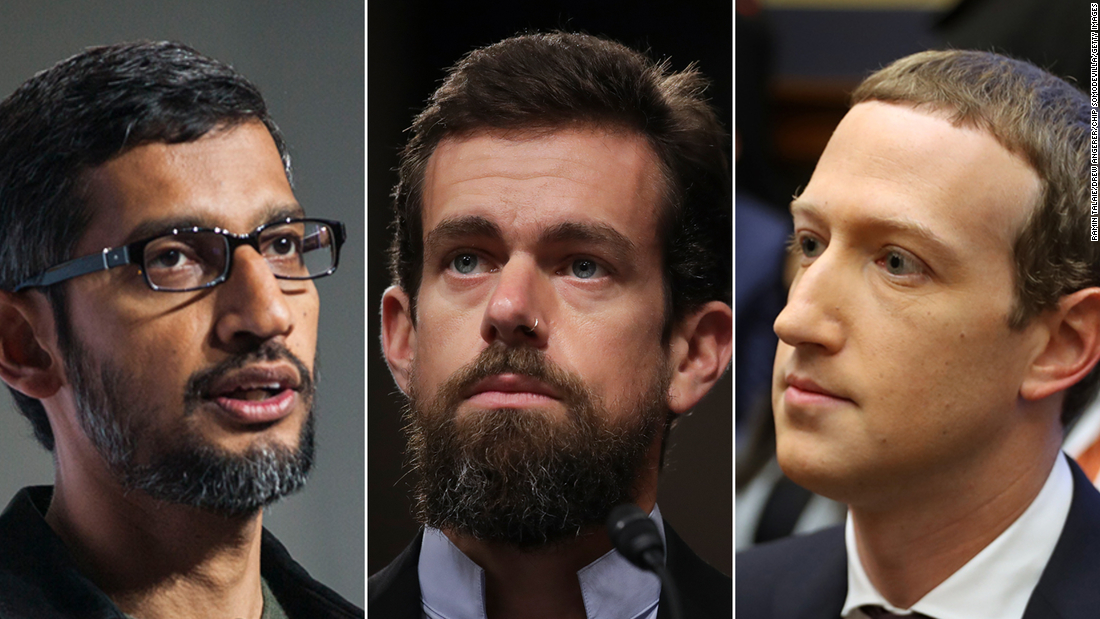Technology platforms, which had already faced intense pressure to repel misinformation and foreign interference before the 2020 elections, were subjected to further scrutiny in the following months. Even with some of the companies implementing new measures to crack down on electoral conspiracy theories, it was not enough to stop President Donald Trump’s hardline supporters from invading the United States Capitol.
The hearing also marks CEOs’ first time before Congress since Trump was banned or suspended from their respective platforms after the Capitol riots. In their prepared comments, some of the executives address the events of January 6 from the front.
“The attack on Capitol Hill was a horrible attack on our values and our democracy, and Facebook is committed to helping law enforcement bring insurrectionists to justice,” says Zuckerberg’s testimony. But Zuckerberg also adds: “We do more to deal with disinformation than any other company”.
The hearings coincide with legislation under active consideration in the House and Senate to control the technology industry. Some bills are aimed at the economic dominance of companies and alleged anti-competitive practices. Others focus on approaching platforms for content moderation or data privacy. The various proposals may introduce new rigid requirements for technology platforms, or expose them to greater legal liability in ways that can reshape the industry.
For high-profile executives, Thursday’s session may also be their last chance to present a case in person to lawmakers before Congress embarks on potentially radical changes in federal law.
At the center of the coming political battle is Section 230 of the Communications Act of 1934, the signature liability shield that grants websites legal immunity for much of the content posted by their users. Members of both parties asked for updates to the law, which has been widely interpreted by the courts and is responsible for the development of the open Internet.
The CEO’s written testimony prior to the high-profile hearing on Thursday outlines areas of potential common ground with lawmakers and indicates areas in which companies intend to work with Congress – and areas in which Big Tech should step back.
But these claims of progress are unlikely to appease committee members, whose memo cited several research papers indicating that misinformation and extremism are still common on platforms.
